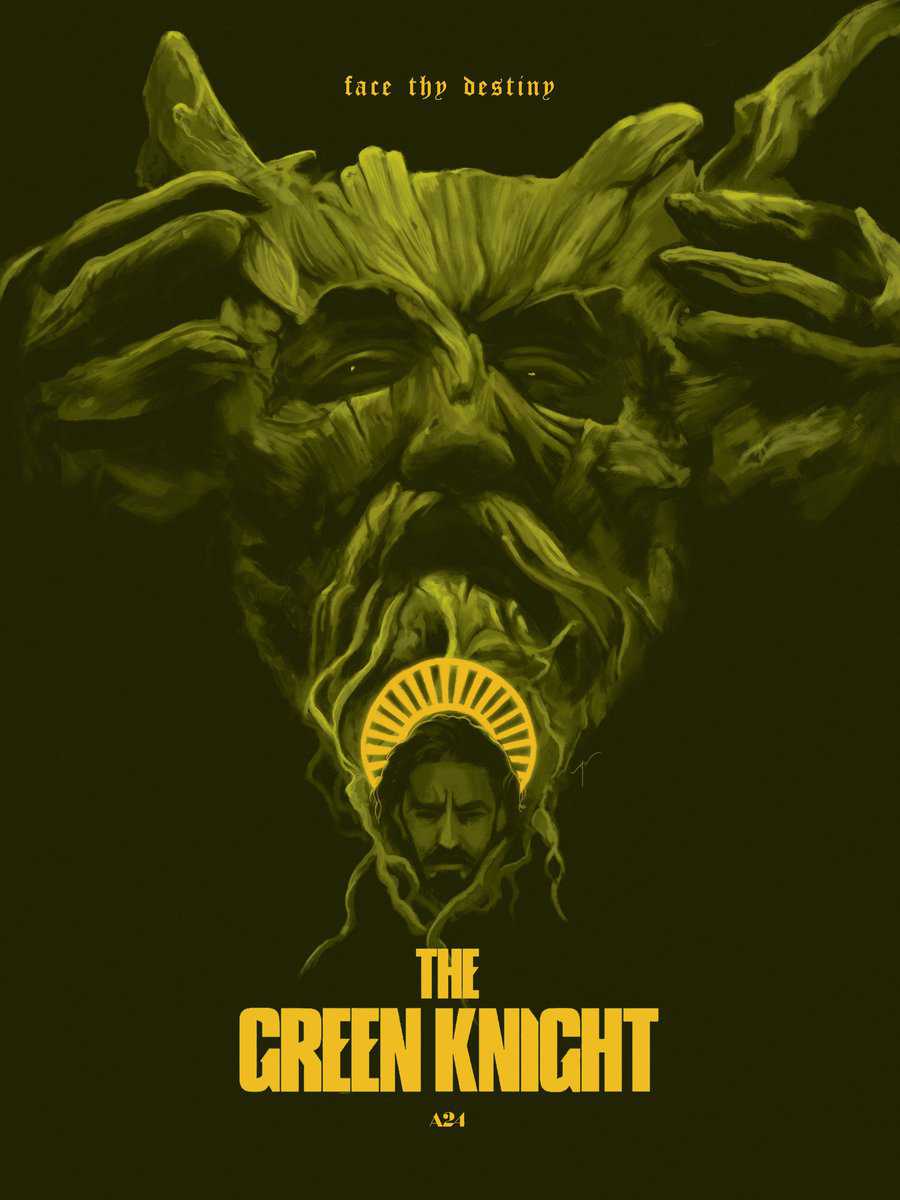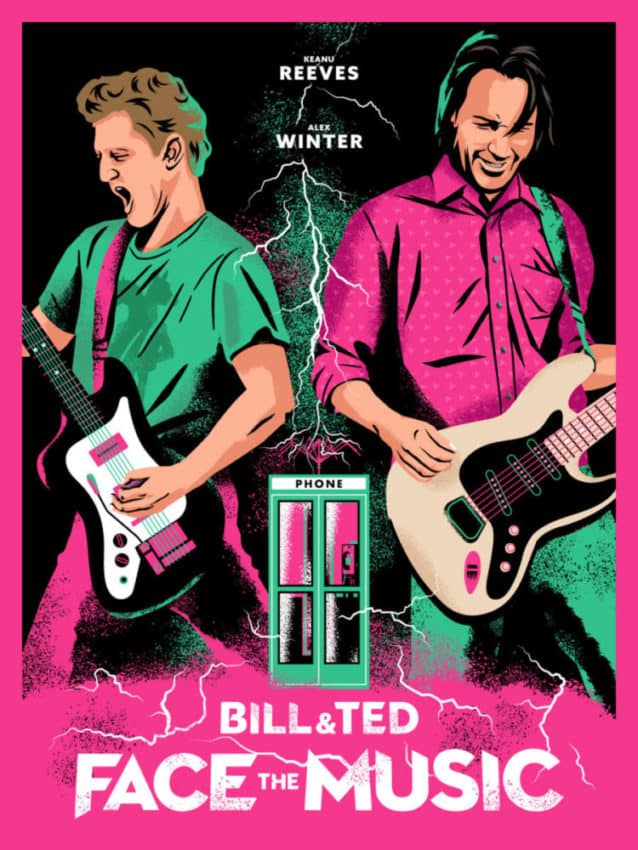
2021 keeps on giving with great film scores, including one of my favorites of the year: Daniel Hart’s medieval-filled The Green Knight. As always, if you think I’ve missed any scores from this month (or any past months), leave a comment or get in touch and I’ll check them out!
As has been the trend for this year, there have simply been too many excellent scores for me to do even these brief writeups on (not to mention the difficulty it trying to keep track of them all!). The upside, of course, is there’s a ton of great music! Make sure to scroll to the end of this article for a list of even more July scores to check out!
Have a quick read about each of these excellent scores below then be sure to give them a listen. Be sure to see what other scores you may have missed by reading past editions of this column. In addition, make sure to listen to my podcast episode where I give a quick rundown of some of the most notable scores of July, August, and September (in case you prefer audio or want a broader survey).
The Green Knight – Daniel Hart
It seems like every year or two Daniel Hart shows up and wows us. The Green Knight is no different. It’s the deepest, most authentic-sounding exploration of medieval music in film in years (bringing to mind the recent, early Stuart-era set Fanny Lye Deliver’d by Thomas Clay). Hart even wrote several songs that could be easily mistaken for reinterpretations of those written in the Middle Ages. But his score is not simply a meditation on medieval music. It’s also strange, haunting, and mesmerizing. The addition of electronics, warped sounds, and otherworldly choruses morph it into a surreal, nightmarish fantasy. Now we wait for Hart’s next score!
Minamata – Ryuichi Sakamoto
Ryuichi Sakamoto’s Minamata opens with “Minamata Piano Theme,” a graceful, delicate piano-led cue. What follows is quite surprising. Rather than continue in this vein, Sakamoto pivots to formless sound and indolent rumblings. He alternates in this way, crushing beauty with chaos before building it back up once again.
Zola – Mica Levi
With Zola, Mica Levi once again graces us with their unexpected, experimental take on film music. There’s a parallel between the score and fairytales, largely through its ethereal harp interludes. But it’s illusory, ready to be consumed by an underlying menace and fatal inevitability. Levi punctuates their score with a bevy of minimalist electronic noises and lo-fi beats. These, along with very short cues (37 tracks spanning 41 minutes) and lack of clear themes, will drive more traditional film score fans nuts. And these are valid complaints. But it’s also a fascinating deconstruction of film music that sees Levi at arguably their most experimental.
Jungle Cruise – James Newton Howard
Jungle Cruise marks James Newton Howard’s second collaboration with Disney this year. As with Raya and the Last Dragon (and his many other Disney scores), this relationship brings out some of the best in Howard. It’s a rollicking adventure that sweeps you up in its grand scope and array of themes. Howard even manages to insert some surprisingly tender emotional moments into what appears to be an otherwise straight-ahead journey down the Amazon. The biggest surprise, however, comes from two renditions of Metallica’s “Nothing Else Matters.” They’re baffling inclusions among the rest of the cues, but these orchestral variations are also perhaps the most interesting things Metallica has done in twenty years and show just how much range Howard has.
Pig – Alexis Grapsas and Philip Klein
To the unaware (like myself), the Nicolas Cage-led Pig seemed like a John Wick knockoff revenge tale. How wrong this is. Instead, it’s an introspective film about loss and grief. Helping lead this somber mood is Alexis Grapsas and Philip Klein’s score. A bleak, dreary atmosphere arises from their folky palette. The choice mirrors Cage’s character’s hermit existence buried deep in the woods of the Pacific Northwest. Though the obvious choice would have been to simply maintain this constant air, they break it with deliberate moments of urgency, through driving guitar or focused percussive passages. While an excellent score, it takes an obvious secondary position to Cage’s heralded performance (as does virtually everything else in the film).
A Few More Scores
As sometimes happens, too many good scores released in July for me to cover! Check the rest of them out:
- The Boss Baby: Family Business – Hans Zimmer and Steve Mazzaro
- La fine fleur – Mathieu Lamboley
- Teddy – Amaury Chabauty
- Black Widow – Lorne Balfe
- Nine Days – Antonio Pinto
- Sky Blossom – Maria Lineva
- Die in a Gunfight – Ian Hultquist
- Fear Street Part Three: 1666 – Marco Beltrami, Anna Drubich, and Marcus Trumpp
- Finders of the Lost Yacht – Panu Aaltio
- Gunpowder Milkshake – Frank Ilfman
- The Last Letter from Your Lover – Daniel Hart


